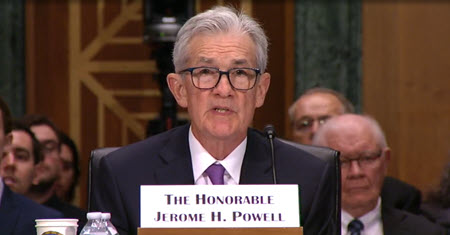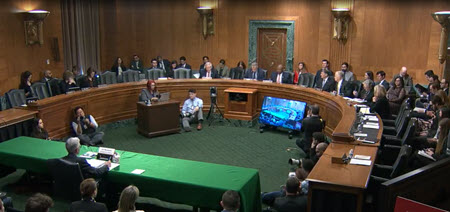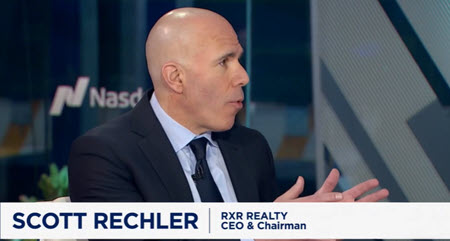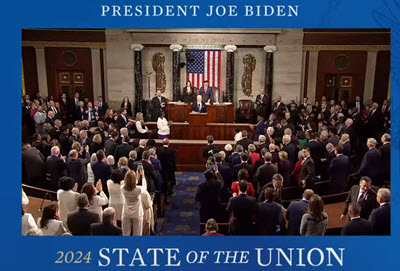The Environmental Protection Agency (EPA) released long-awaited final criteria on Tuesday for ENERGY STAR’s voluntary “NextGen” certification to recognize buildings with reduced carbon footprints.
Three Criteria
- NextGen builds upon ENERGY STAR’s popular “label” for highly efficient buildings. The new label has three criteria that must be independently verified to:
- Demonstrate Superior Energy Performance
The building must achieve an ENERGY STAR score of 75 or higher and meet all criteria associated with ENERGY STAR certification. - Use Renewable Energy
At least 30 percent of a building’s total energy used onsite must derive from renewable sources. Market-based measures like power purchase agreements (PPAs) and renewable energy certificates (RECs) can qualify as long as they meet certain quality control criteria (e.g., Green-e certified). - Meet a Direct Emissions Target
The building must meet a GHG intensity target for its property type, which adjusts to account for days of extra heating required in colder climates.
- Demonstrate Superior Energy Performance
CRE Recognition

- “NextGen highlights RER’s constructive engagement with decision makers who translate policy to action,” said Tony Malkin, above, (Chairman, President and Chief Executive Officer, Empire State Realty Trust, Inc.), chair of The Roundtable’s Sustainability Policy Advisory (SPAC) Committee.
- He added, “The NextGen voluntary standard provides specific metrics-based criteria to recognize the very best performers who increase efficiency, reduce emissions, and help expand the nation’s supply of renewable energy. This new framework allows our members to urge cities and states to look to these researched and logical federal standards rather than create their own unduly complicated and punitive mandates.”
- “Our work with EPA is not done,” Malkin continued. “Our next project with our EPA partners is to recognize inefficient buildings which will never reach ENERGY STAR levels and still take steps to reduce materially energy use in common areas and tenant spaces.”
Planning Considerations

- Companies can apply online to EPA for the NextGen label starting in Sept. 2024.
- EPA’s response to public comments noted the agency will explore “separate recognition” for inefficient buildings that significantly improve energy performance.
- In February, RER and Nareit urged that EPA’s NextGen label should be considered a critical intermediate step for an asset to show it is “on a path” to meet the Energy Department’s yet-to-be-released, voluntary Zero Emissions Building (ZEB) definition.
- Building owners may report to investors about assets certified with the NextGen label. Information on green-labeled buildings could be within the scope of disclosure requirements released earlier this month by the U.S. Securities and Exchange Commission (SEC) and passed last year in California. (See RER’s facts sheets on the SEC and California requirements).
- Court challenges are currently underway against both the SEC and California corporate climate reporting rules. The SEC’s rule has been stayed at least temporarily by a federal appeals court. (POLITICOPro, March 20 and Roundtable Weekly, March 15).
EPA staff overseeing the NextGen program will participate on SPAC’s next Zoom meeting on April 11 to field questions on the new building label.
# # #



















